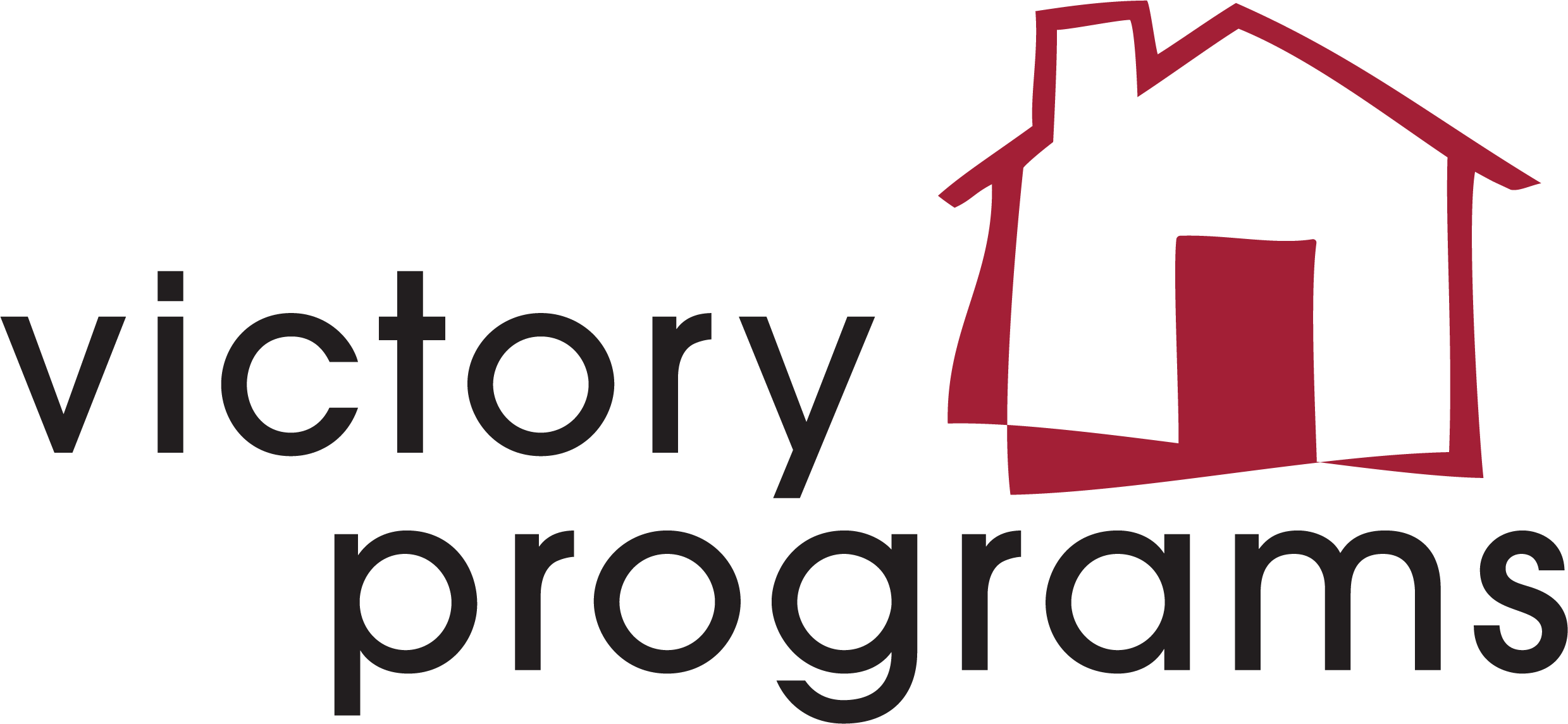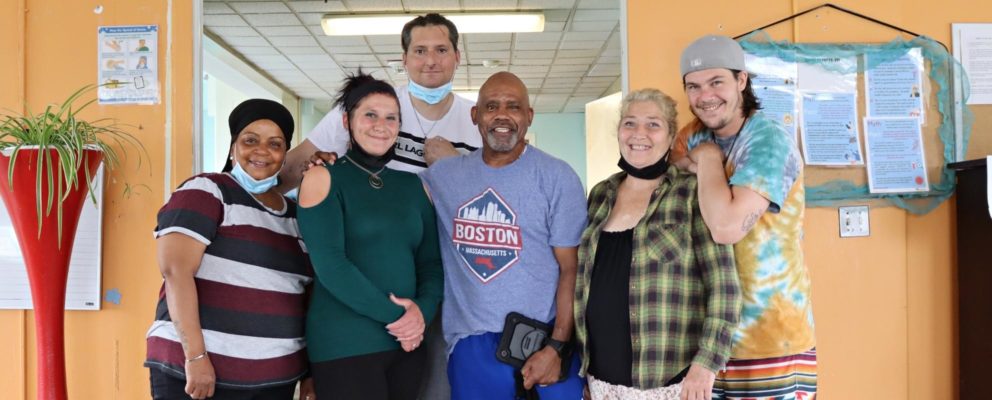For many, Victory Programs represents the last possibility for hope and the first chance for sustained success in their battles with substance use or illness. We provide individuals and their families with the education, tools, and ongoing support they need to help them regain their health, prevent and manage relapse, and maximize their independence.
Residential Recovery Programs
Our residential treatment programs are designed for men and women who have been diagnosed with substance use disorders, with the majority of clients also experiencing chronic health conditions (e.g., HIV/AIDS), mental health concerns, and homelessness.
“…I came here, and I’m still here. Now I can start to build the life I’ve always wanted.” – Greg
Programs provide:
-
- Case management
- Individual and group counseling
- Congregate meals
- Meditation, art therapy, and recreational activities
- Referrals and linkages to medical, psychiatric, and perinatal care
Residential Recovery Programs for Men: New Victories and Victory House.
New Joelyn’s Home: A co-ed residential recovery program for cisgender women and members of the LGBTQ+ community.
Shepherd House: A residential recovery program where pregnant mothers and mothers with infants are given priority placement.
Women’s Hope COE: A co-occurring enhanced (COE) residential recovery program for women who are struggling with substance use and also with severe and persistent mental health.
LARC (Living and Recovery Community): A co-ed residential recovery home for men and women who are struggling with substance use. Many of the residents struggle with chronic health conditions, mental health conditions, and homelessness.
Peer Recovery Services
The Jamaica Plain Recovery Center (JPRC)
The JPRC is a peer-led community center in partnership with the Massachusetts Department of Public Health. It is a safe, welcoming space for individuals from all backgrounds who are navigating addiction recovery. We established a nurturing community where every member finds belonging and plays an active role in shaping their journey toward recovery.
“It took me more than a decade and probably a dozen attempts [at recovery], but I feel like I can do whatever I set my mind to now with a little hard work and focus.” – Robb
Our services range from recovery support groups like AA or Refuge Recovery to wellness and life-skill activities like resume-building workshops or yoga classes; anything that encompasses healthy and safe choices for the mind, body, and soul.
For more information, visit our program’s website at www.jprecoverycenter.org.
Peer Recovery Coach Services
Certified Recovery Coaches provide peer coaching to individuals working on substance use recovery goals. The coaches will meet with recoverees in the community, at the JPRC, or through their program and will continue to provide supportive services throughout the recovery journey.

